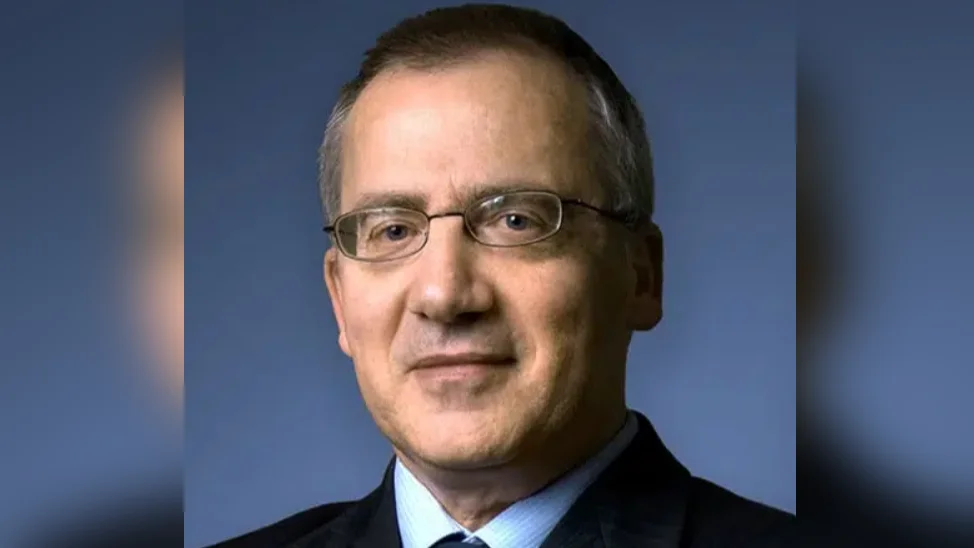
In 2015, Orlando Rosales was washing his truck when he was approached by an armed man. The encounter quickly escalated into a struggle over the weapon, resulting in Rosales being shot. "I took the fight back to him and we ended up fighting over the weapon, which led to him shooting me," said Rosales, who was 30 at the time.
The bullet shattered his femur, leading to multiple surgeries that failed to heal the bone. He developed osteonecrosis of the femoral head and endured chronic pain while confined to a wheelchair for two years. "It was after the second surgery that my physicians told me if it didn’t work, I just had one more go at it, which would be the total hip replacement," Rosales recalled.
Rosales eventually sought help from Dr. Kenneth Mathis at UTHealth Houston's McGovern Medical School. "If the bone dies, it can collapse, which is what happened," Mathis explained regarding Rosales' condition. During surgery, Mathis also aimed to retrieve the bullet still lodged in Rosales' leg. "In my mind I thought, ‘If they never caught the guy, maybe the bullet would be helpful,’" Mathis said.
The surgery was complex due to previous damage and scarring. "When things have been blown up by a bullet, it’s like driving at night in the fog and your headlights don’t work," Mathis described. Despite these challenges, Mathis successfully performed a hip replacement and retrieved the bullet for police evidence.
Following surgery on his birthday, Rosales took his first steps in two years. "Those first steps were like a miracle to me," he expressed with emotion.
Dr. Mathis noted advancements in hip replacement technology: “A number of years ago, we made a huge leap in technology.” These innovations promise longer-lasting implants compared to older designs.
Although unable to return to his previous job as a master machinist due to physical limitations, Rosales found new opportunities in dental milling thanks to transferable skills from his former occupation.
Now working at UTHealth Houston School of Dentistry under William Darling's recruitment efforts, Rosales feels fulfilled helping students and patients alike: “Now I feel like I’m contributing back in a good way.”